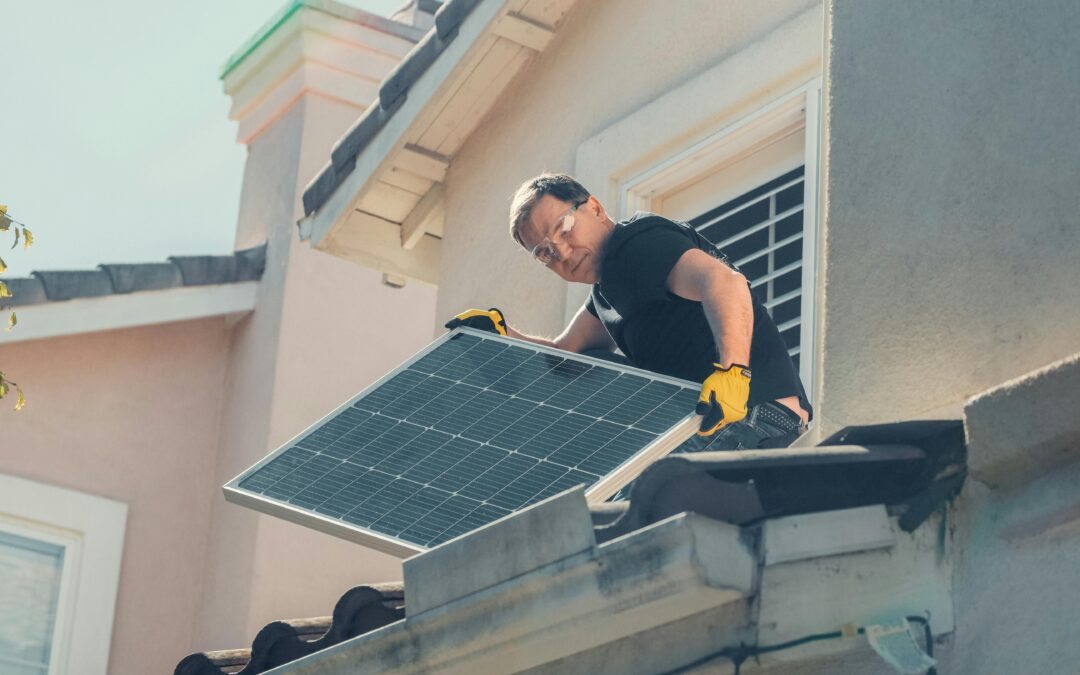With the increasing number of clients looking to reduce their energy bills and cut their carbon footprint, many are installing solar panels. It’s vital to understand how these systems affect your home insurance policy.
Here’s some helpful guidance:
- Physical Installation:
Requires professional installation, whether these are mounted on your roof or ground. A qualified Electrician will need to connect to the electrical system.
- Building Regulations and Safety:
Solar panel installations are considered “special installations” under Part P of the Building Regulations, requiring notification to a Building Control body and inspection by a registered and certified electrician.
- MCS Accreditation:
To qualify for government schemes like the Smart Export Guarantee (SEG), solar installations must be certified by the Microgeneration Certification Scheme (MCS), and this certification requires a registered and trained electrician.
What You Could Qualify For:
- Smart Export Guarantee (SEG): Get paid for the extra electricity your solar panels feed back into the grid.
- Zero VAT on Installations: Until 2027, solar panel installation is exempt from VAT for residential properties.
- Increased Property Value: MCS-certified solar systems can boost your home’s value and buyer appeal.
Types of Solar Panels
- Monocrystalline: Efficient, sleek, and space-saving. Ideal for smaller roofs.
- Polycrystalline: Budget-friendly and reliable, though slightly less efficient.
- Thin-Film: Lightweight and flexible, suitable for larger surface areas.
Mounting Options
- Roof-Mounted Panels: Installed directly onto the structure of your roof using a racking system. These are the most common and cost-effective option for residential properties.
- Ground-Mounted Panels: Installed on racks anchored into the ground, ideal for properties with limited roof space or where panels need optimal sun orientation.
Installation Method
- All systems must be installed by qualified professionals.
- Roof-mounted systems are fixed to roof trusses using specialized brackets and rails.
- Ground-mounted systems require concrete footings or steel piles driven into the ground to support the frame.
How Solar Panels Impact Your Insurance
To ensure your home insurance policy remains valid, it’s important that:
- You own the solar panels outright (no third-party leasing)
- Panels are installed within your property boundaries
- Panels are fitted according to manufacturer’s guidelines
- Panels are well maintained according to the manufacturer’s guidelines
Why It Matters:
Failure to declare your solar installation, or poor maintenance, could affect claims.
Get in touch to find out how we can help you with your home insurance.

